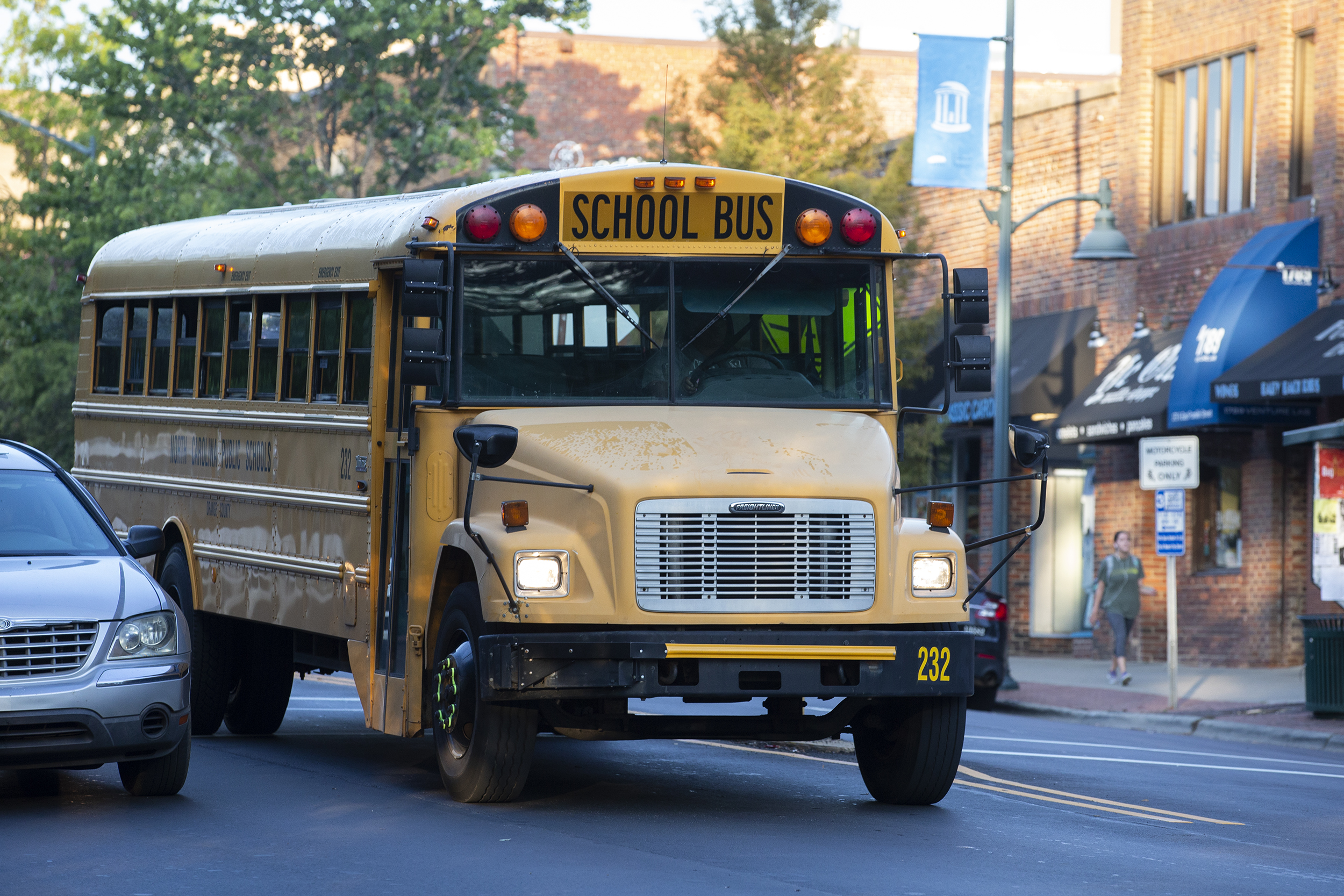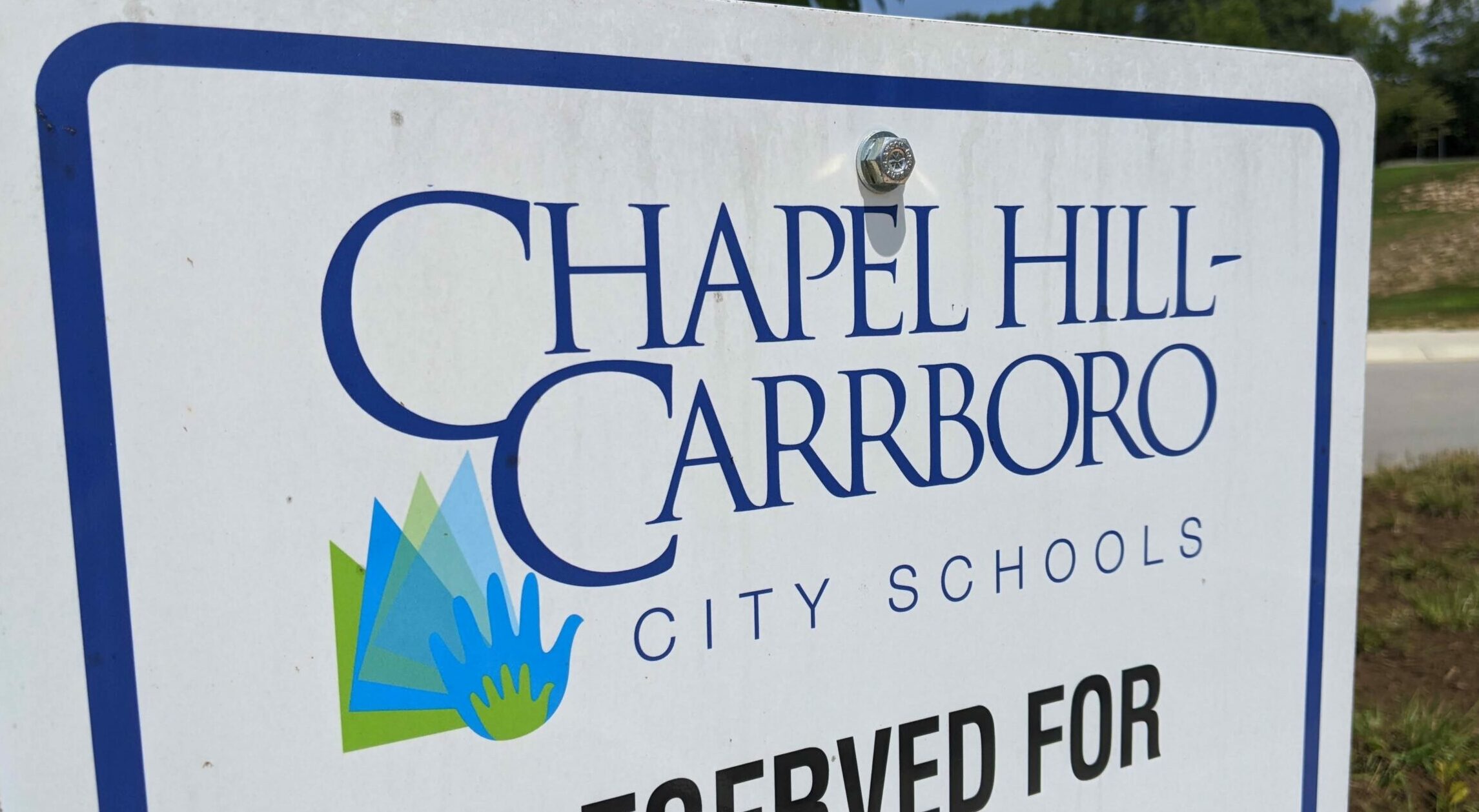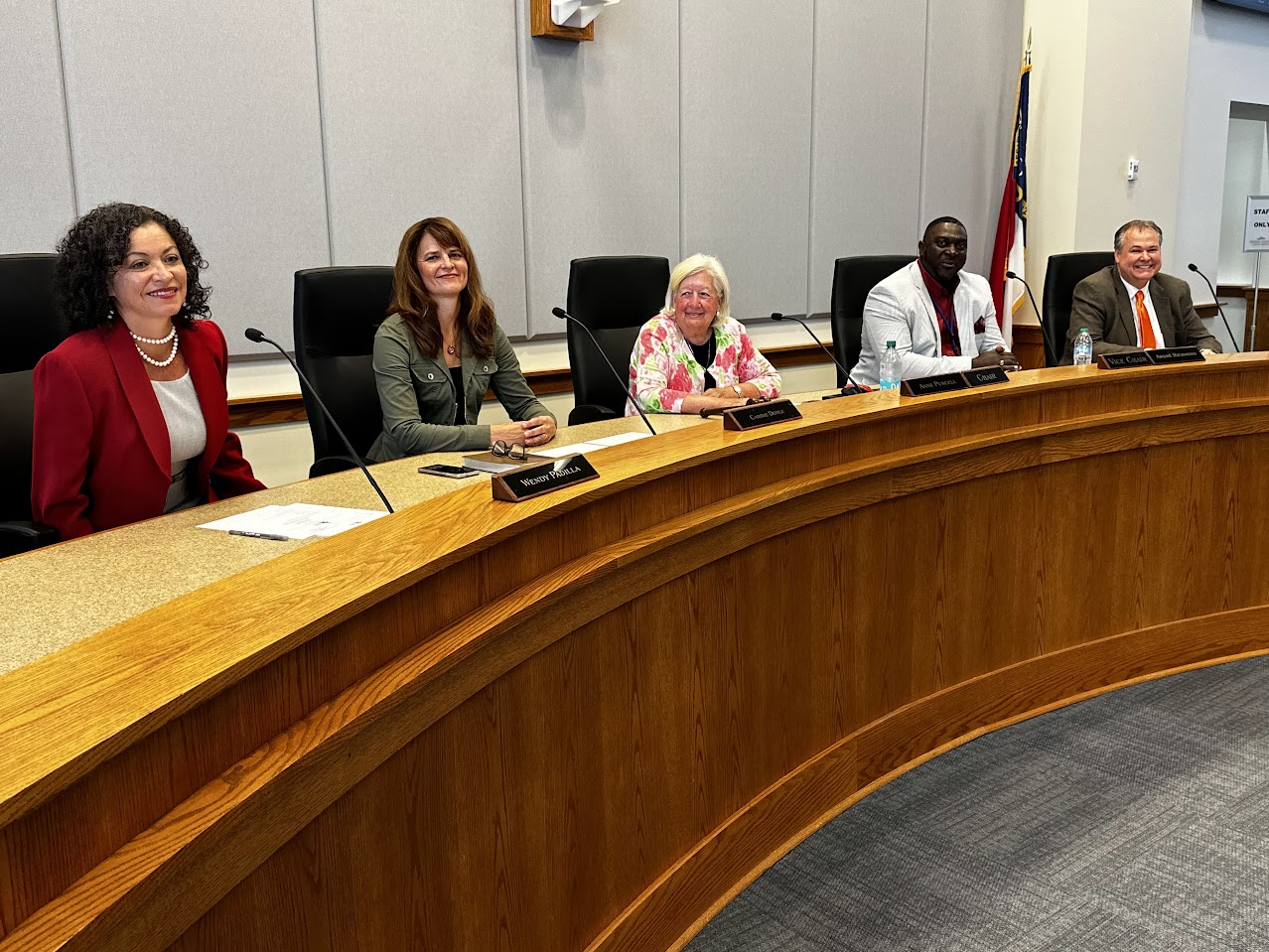Photo Courtesy: Getty Images
CHAPEL HILL – As the summer draws to a close, high school student athletes are gearing up for competition once again. However, the recent tragic deaths of student athletes related to undetected cardiac conditions, including a high school football player in North Carolina last month, have prompted schools to focus on preventing these tragic events.
Scarlett Steinert, Coordinator of Healthful Living & Athletics for the Chapel Hill Carrboro City Schools, says the CHCCS have policies and procedures in place to help spot warning signs of cardiac problems before the student athlete can take to the field or court.
“At the high school level, we are really making sure we’re looking at those physicals. We are talking to kids about any problems that they may be having. Things that our athletic directors and coaches are really good at honing in on are things that add to different kinds of health issues like stress,” Steinert says, adding, “The most important thing I think that we have done here in Chapel Hill/Carrboro City Schools is that we have full time trainers in our high schools, and our trainers talk to our students and educate them about current issues.”
The system also follows guidelines set forth by the North Carolina High School Athletic Association. Steinart says a student has to undergo and pass one physical every year, with a physical form that is mandated statewide.
“Really what to look for is if there are any changes in the athlete. If you’ve never had headaches and you have a headache, it is important to seek medical attention, and also let mom or dad know that this is happening, or letting a trainer or letting your doctor know,” Steinart says.
Steinart also suggests that student athletes have a family physician who are familiar with their medical history.
Evan Raines, a sixteen-year-old junior defensive end from Fayetteville, collapsed on the football practice field on August 3 and later died. The Fayetteville Observer reported that Raines’ father said hospital officials told him his son died of cardiac arrest, though questions still surround his death.
Ronald Rouse, a teenager from South Carolina, died of cardiac arrhythmia suddenly during his homecoming football game last October. He was a week short of his 18th birthday.
Dr. Julie Monoco, Medical Director for the Orange County Health Department, says that incidents like this make it critical for children to have a sports physical, which is more thorough than just a well child check. She says all children who are physically active, not just high school student athletes, are encouraged to have a thorough physical annually.
During the physical, she says doctors will ask a series of questions to determine if the child has a pre-existing condition. Symptoms such as significant shortness of breath, dizziness and/or chest pain are immediate red flags of a heart condition and will often require further testing.
“We do specific screening questions for the patient to risk-stratify the patient’s cardiac-related issues,” Monoco says. “The main thing that we want to rule out is something called Idiopathic Hypertrophic Cardiomyopathy.”
Monoco explains that condition causes a thickening of the heart muscle wall.
“That affects about one in 500 adults. Most of the time it isn’t an issue and is usually more prevalent in males versus females. It tends to become more of a problem in athletes who play high intensity sports such as basketball and football,” Monaco says.












Comments on Chapelboro are moderated according to our Community Guidelines